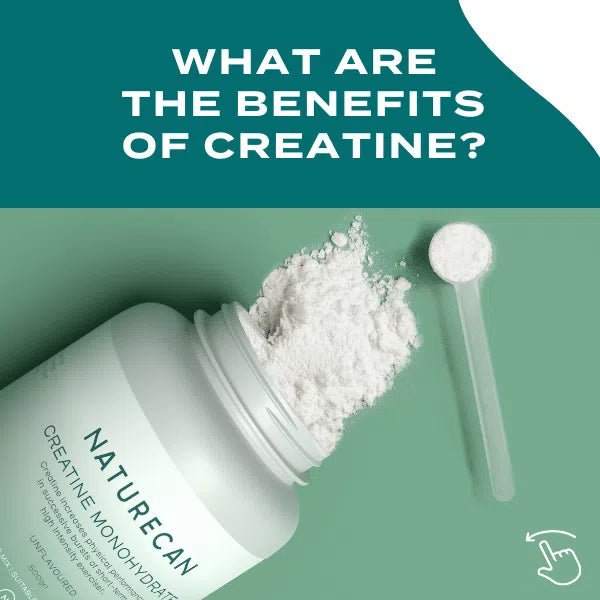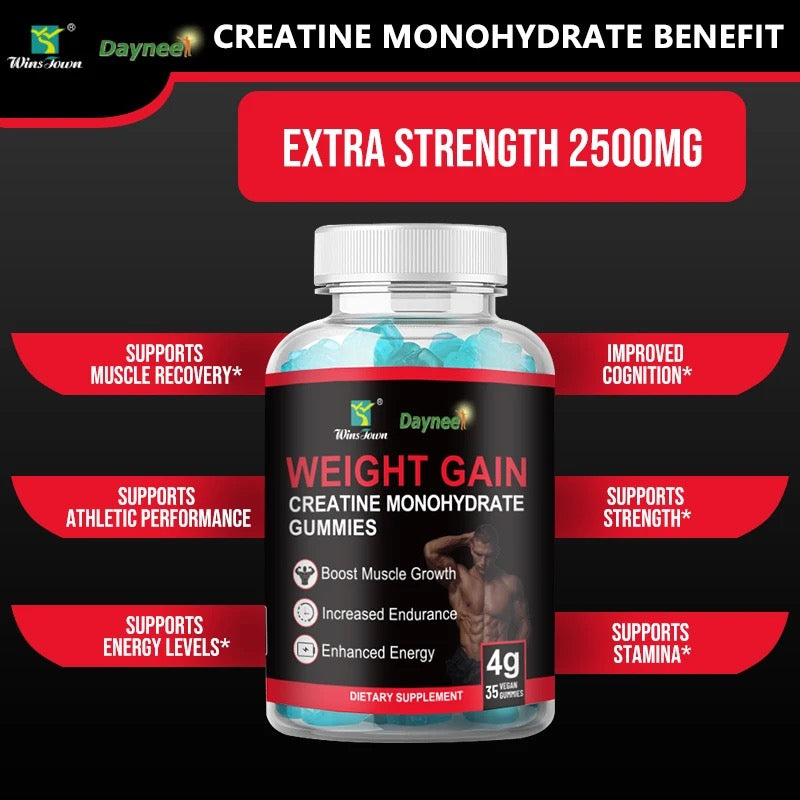What Does Creatine Monohydrate Do?
What Does Creatine Monohydrate Do?
Blog Article
Excitement About Creatine Monohydrate
Table of ContentsCreatine Monohydrate Can Be Fun For AnyoneThe smart Trick of Creatine Monohydrate That Nobody is DiscussingLittle Known Facts About Creatine Monohydrate.
The vital takeaway is that An intriguing organized evaluation concluded an unfavorable connection between creatine monohydrate supplements and VO2 max. The writers acknowledge a threat of prejudice with the research study styles due to a demand for more clarity over randomization with almost all research studies consisted of. Just three of the nineteen research studies extensively detailed the evaluation of VO2 max - Creatine Monohydrate.
This varies from athlete to professional athlete, though. If weight gain via fluid retention is a problem, quit taking creatine 1-2 weeks prior to competing to balance out liquid retention while keeping raised creatine stores. Some individuals experience gastrointestinal pain when taking creatine, such as bloating, cramping, or diarrhea. It is essential to note that not everybody experiences stomach distress while taking creatine, and it can typically be taken care of by readjusting the dosage or taking it with dishes, as laid out by here the International Culture of Sports Nutrition.
It's recommended to use it in powder type. Worries regarding the long-lasting impacts additional resources of creatine monohydrate supplementation on renal (kidney) function have been raised.
Creatine Monohydrate for Beginners
None of the studies examined triathletes. The adverse results reported in the researches associated to weight gain. As discussed, the majority of the researches made use of a higher-dose loading procedure (20g+/ day) in a short duration that might be countered and stayed clear of with a lower dosage (such as 5g/day) for a prolonged period.

Let's look at the primary advantages of creatine monohydrate. There is solid, trustworthy research showing that click this site creatine boosts health.
The bulk of creatine is kept in the skeletal muscular tissues in a form recognized
as phosphocreatine, or creatine phosphate. Creatine help in the manufacturing of adenosine triphosphate, or ATP. Also if they never raised a weights, they would certainly still profit from creatine supplements.
Report this page